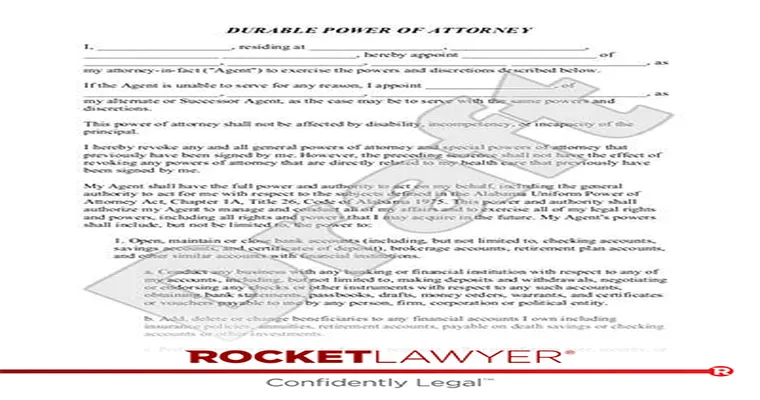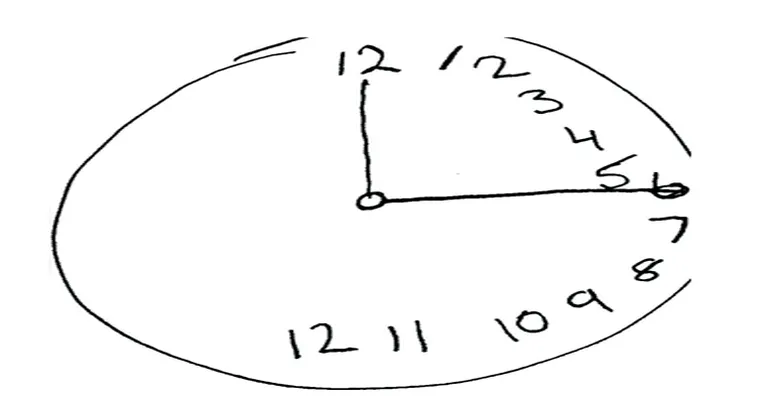Navigating the complexities of caring for a loved one can often require a deeper understanding of legal frameworks, especially when it comes to "Power of Attorney (POA)". While a POA grants you the legal authority to make decisions on behalf of someone else, there are instances where this document alone may not suffice. Understanding the various "authorizations" required to act effectively on a loved one's behalf is crucial in ensuring their best interests are met.
Understanding Power of Attorney
A "Power of Attorney" is a legal document that allows one person (the agent) to make decisions for another person (the principal) regarding financial or medical matters. While a POA is a powerful tool, it does not cover every situation. For example, in cases of "medical decisions", certain healthcare providers may require additional documentation, such as a "healthcare proxy" or a "living will", to ensure that the agent's authority is recognized.
Situations Where POA Falls Short
There are several scenarios where a POA may not be enough to act on a loved one's behalf:
1. "Healthcare Decisions": In many states, a "medical POA" may only grant authority for specific medical decisions. If a healthcare provider does not recognize the document, you may need a "healthcare proxy" or other authorizations tailored to the medical situation.
2. "Financial Transactions": While a financial POA can empower you to handle banking and investment matters, certain transactions, like selling real estate, may require additional documentation, such as the principal’s "consent" or a specific "power of attorney" for that transaction.
3. "Legal Matters": If your loved one is involved in a legal situation, a POA may not be sufficient to represent them in court. You might need a "legal authorization" or "court-appointed guardianship" to act on their behalf in legal proceedings.
4. "Government Benefits": When dealing with government agencies for benefits like Social Security or Medicaid, you might need to provide specific forms of authorization, such as a "Representative Payee" designation or other agency-specific forms.
The Importance of Comprehensive Planning
To avoid complications, it is essential to engage in comprehensive planning. This may involve:
Discussing with your loved one the types of "authorizations" they might need in different scenarios.
Consulting with legal professionals who specialize in elder law or estate planning to understand the necessary documents.
Regularly reviewing and updating any existing POA or other legal documents to ensure they meet current needs and regulations.
Conclusion
While a "Power of Attorney" is an invaluable tool for acting on a loved one's behalf, it is crucial to recognize its limitations. In various situations, additional authorizations may be necessary to ensure that you can effectively advocate for your loved one’s needs. By understanding these nuances and proactively planning, you can provide the best support and care for your loved ones during challenging times. Always consider consulting with legal professionals to navigate the complexities of these authorizations effectively.





